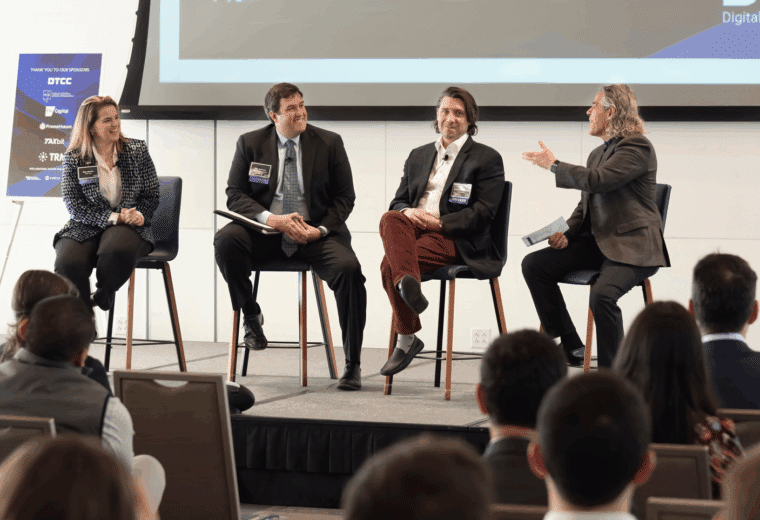
A Nerve-Based Approach to Helping Older Adults Bounce Back After Surgery
Warren Grill’s work with School of Medicine colleagues indicates that stimulating the vagus nerve system could reduce brain inflammation and disruptions in attention and awareness following surgery.


